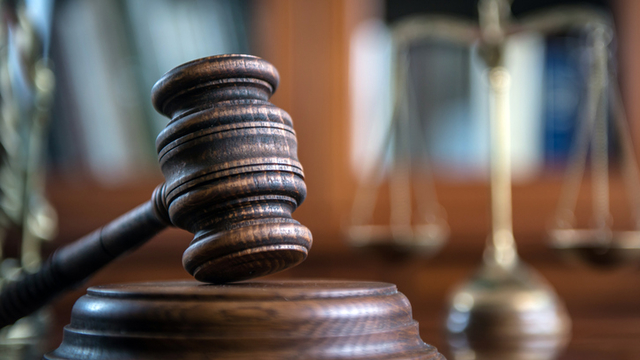 ISTOCK, MICHAEL CHODYRA
ISTOCK, MICHAEL CHODYRA
Lawyers for the Broad Institute of MIT and Harvard and the University of California, Berkeley, traded oral arguments in the US Court of Appeals for the Federal Circuit in Washington on Monday (April 30). It is the latest round litigation of an ongoing patent dispute. The Broad Institute holds patents on the gene editing technology known as CRISPR, and attorneys for UC Berkeley have been challenging the claim for more than a year.
“UC came into this argument from a tough spot, and I doubt that oral arguments from either side moved the needle much,” patent attorney Michael Stramiello tells STAT.
UC Berkeley filed a patent application based on its work with CRISPR in May 2012, and the Broad Institute followed suit in December of ...





















